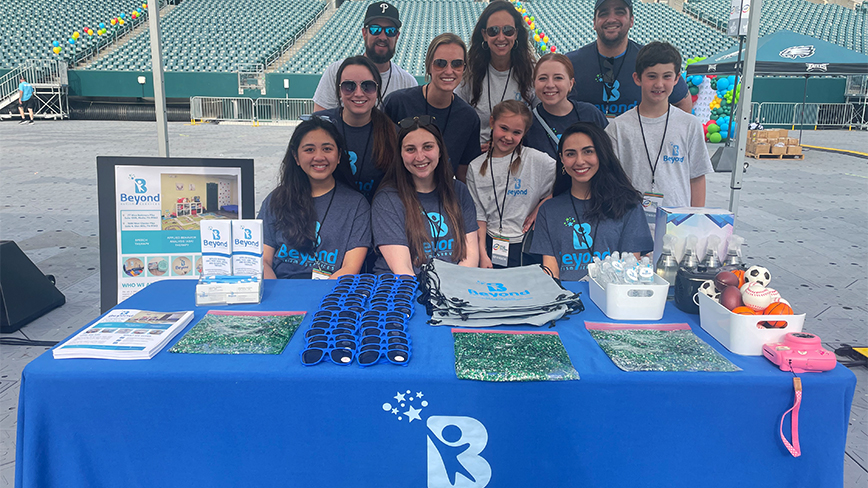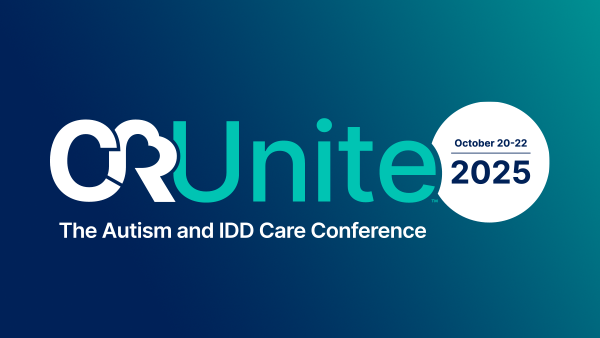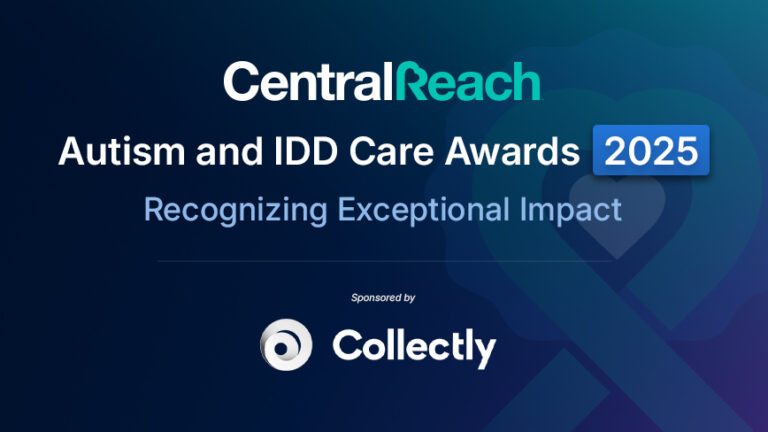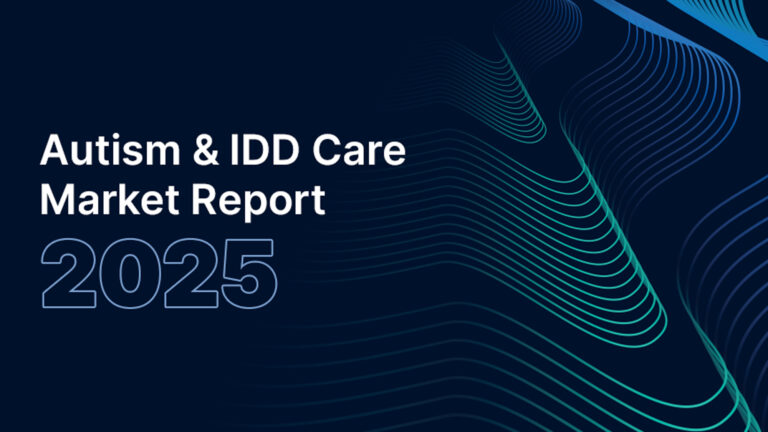Criterion-referenced assessments such as the ABLLS-R and AFLS are essential for assessing skill strengths and areas of need in ABA therapy. These assessments provide valuable information for behavior analysts, clients, caregivers, and other professionals. Criterion-referenced assessments offer baseline data for a learner’s current abilities in multiple domains of living. This data serves as a starting point for measuring progress throughout the learner’s care. Assessments also offer information that guides behavior analysts in creating individualized goals.
Individualizing Goals Based on Assessment Results
Criterion-referenced assessments support the selection of appropriate and individualized goals to support a wide range of skill areas, such as increased independence, communication, social skills, and more. Assessment results and analyses are just the starting point to developing individualized goals. The information gleaned from these assessments can then be used to further evaluate the skills most valuable to the learner and the family.
The results of criterion-referenced assessments open the door for communication regarding what is most important to the client and the family. Per item 2.09 of the Ethics Code for Behavior Analysts, behavior analysts must involve clients and stakeholders throughout the delivery of services, including in the assessment and goal-setting process. Identifying a learner’s baseline skills, then using that knowledge to communicate about the prioritization of goals with the learner and their caregivers can help enhance the social validity and efficacy of care.
Each goal should have a rationale and not simply be chosen because an assessment showed that the child did not yet have the skill. Behavior analysts use assessment results to guide the selection of goals with the consideration in mind of what the learner’s short-term and long-term goals are. Always consider the ultimate goal of a child’s therapy and how each individualized goal will help them achieve that.
How Digital Assessments Help with Goal Selection
Digital criterion-referenced assessments have many benefits, improving a clinician’s ability to develop individualized goals that hold social significance.
Some of the ways digital assessments such as the ABLLS-R® | AFLS®, a CR Assessments product, help with individualized goal selection include:
- Caregiver collaboration. Actively incorporate caregivers, clients, and other professionals into the assessment process with shared permissions, allowing others to log in and score performance on specific skills. Shared permissions are so valuable, as there are many skills that a behavior analyst may not observe within therapy sessions. Parents, teachers, and other professionals can offer vital information about a child’s skills in different settings.
- Customizable reports. Digital assessments offer the ability to generate customized reports, allowing clinicians to efficiently analyze a learner’s areas of need to make data-informed decisions in their goal planning.
- Individualization: Individual assessment results allow the assessor to identify the unique needs of each individual client resulting in efficient target selection.
Enhance Best Possible Outcomes with Digital Assessments
In our webinar, Utilizing Digital Assessments to Foster Collaboration, Dr. James Partington, Ph.D., BCBA-D, the author of the ABLLS-R and AFLS, along with Dr. Nissa Van Etten, Ph.D., BCBA-D and Autumn Bailey, M.Ed., discuss in more depth how behavior analysts can leverage digital assessments to create individualized goals and foster collaboration with clients and their families.
Earn 1.5 FREE learning BCBA CEUs for watching!




